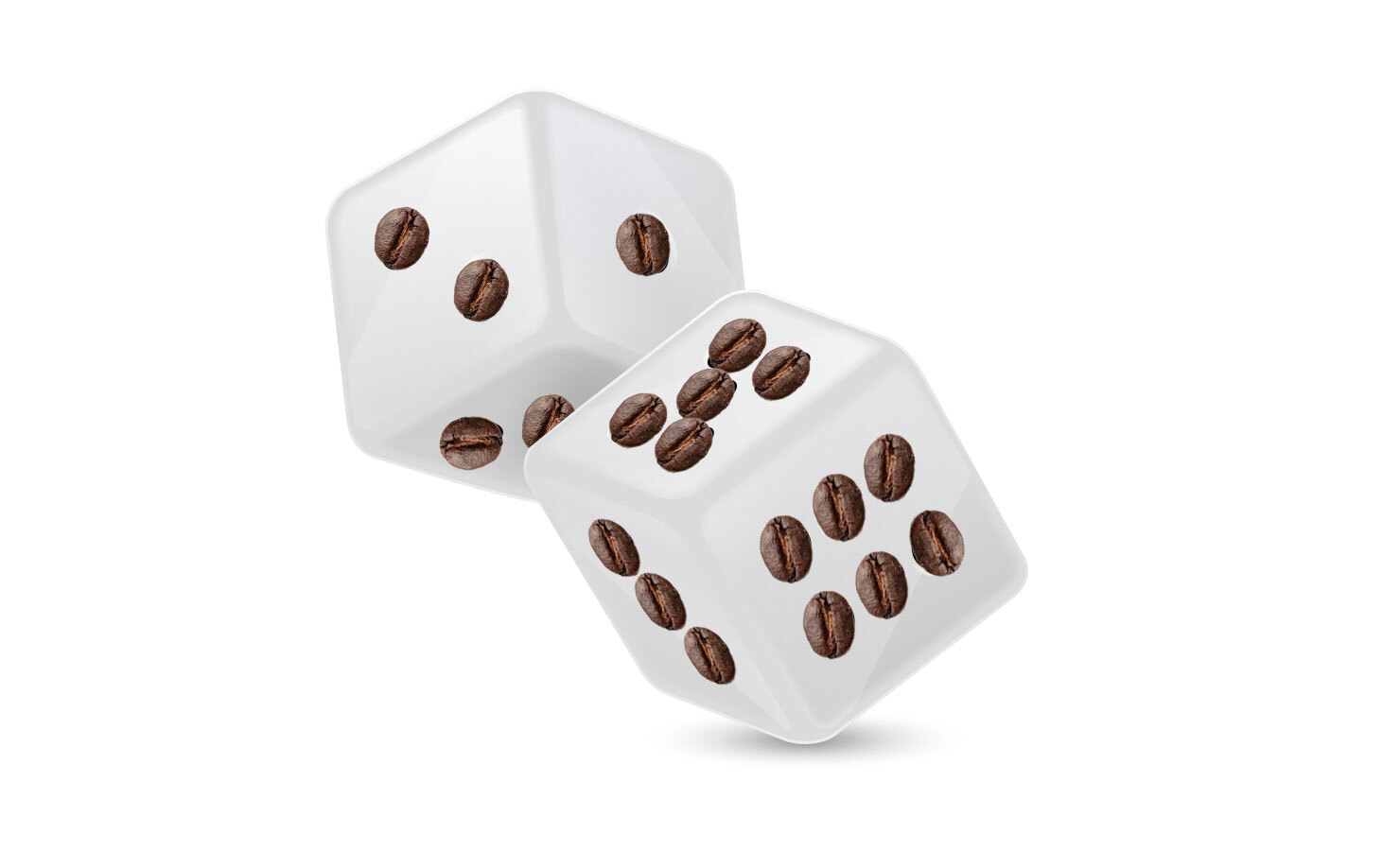The Key To Effective Reusable Cup Use Is… Gambling? | Sprudge Coffee

Reusable cup programs are an objectively good thing. Anything that can curb the need for single-use to-go cups and all the micro-plastics that go along with them is a very necessary step in the right direction. But the great sticking point has always been adoption. How do cafes get folks to think half a step ahead and remember to bring a cup? Do you incentivize with a discount? Do you appeal to their sense of community and doing right for the planet?
Turns out you have to aim much lower and prey on our human desire for degeneracy. We love gamblin’, baby, and cafes may be able to weaponize that into making us do the right thing.
In a study published recently in the journal Resources, Conservation, and Recycling, researchers from the psychology department at Canada’s University of British Columbia sought to determine how “probabilistic rewards” (read: gambling) could promote adoption of reusable cup programs at coffee shops. As the study notes, adverse effects like added fees for single-use cups have generally proven to be wildly unpopular and thus ineffective as altering behavior. And small discounts have worked about as well. Researchers note that a prior study found that over 92% of consumers said they would bring a reusable cup if a decent enough discount was offered, but when one UK coffee shop offered that discount, “it had no influence on hot drink sales with reusable cups.”
But what if, instead of a guaranteed small reward, folks would have the chance of receiving a larger one? Can you gamify people into bringing their own cups? To test the theory, researchers set up two experiments, one where customers were offered a 5% chance at winning a $5 gift card and one where they had a 10% chance of getting a free drink; both experiments offered roughly the same monetary reward structure as a small discount for each time a person brought in their cup; a user would expect to earn a $5 gift card every 20 visits and would have saved roughly the same amount of money over the same number of visits via the discount program.
In the first study, with the $5 gift card that included over 400 drink purchases, they found that the percentage of folks who brought in their own cups over doubled from the baseline, when no such rewards were offered. The second study was much larger, encompassing over 20,000 purchases. For this study, they examined two different cafes, with one serving as a control group. The control cafe, which had no rewards, experienced a steady decline in the number of reusable cups over time. The second cafe saw a similar decline, until the 10% chance of getting a free drink was implemented, which caused a marked uptick in reusables at that cafe.
So it’s not just the promise of a reward that moves the needle, but the potential for a big score. This study also appears to show that the size of the score plays a role in its efficacy. But the larger the prize, the lower the probability of winning. Would a .1% at winning a grinder activate even more people? Honestly, whatever it takes. Appeals to decency certainly aren’t doing the trick.
Zac Cadwalader is the managing editor at Sprudge Media Network and a staff writer based in Dallas. Read more Zac Cadwalader on Sprudge.
Related
I became a millionaire in my 20s but my sports…
Millions wagered, hundreds of thousands in debt and a pending divorce.Joe C, a native of Chicago, fell into the depths of addictive sports gambling at the age o
Strip executive retiring after 3 decades with gambling giant MGM…
A top executive who oversees multiple properties on the Strip, including one of Las Vegas Boulevard’s most recognizable and successful casino-hotels, is
Danish Government’s Success with Gambling Addiction
Gambling addiction is a growing concern worldwide, with many countries struggling to find effective ways to regulate the industry. Denmark, however, has e
UFC 313 Gambling Preview: Will Magomed Ankalaev end Alex Pereira’s…
Alex Pereira is back! On Saturday, Pereira puts his light heavyweight title on the line against Magomed Ankalaev in the main event of UFC 313. Before that, J












